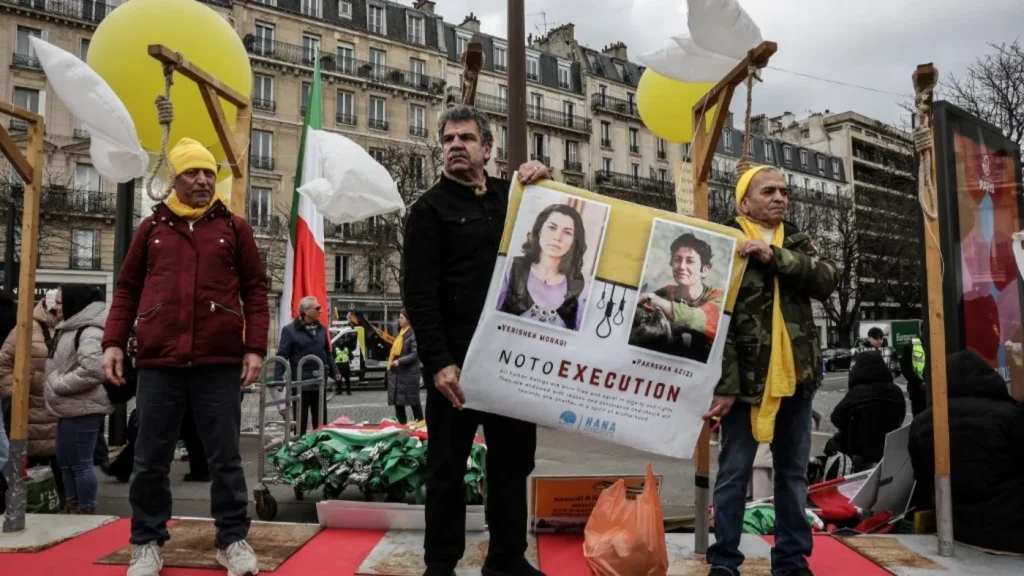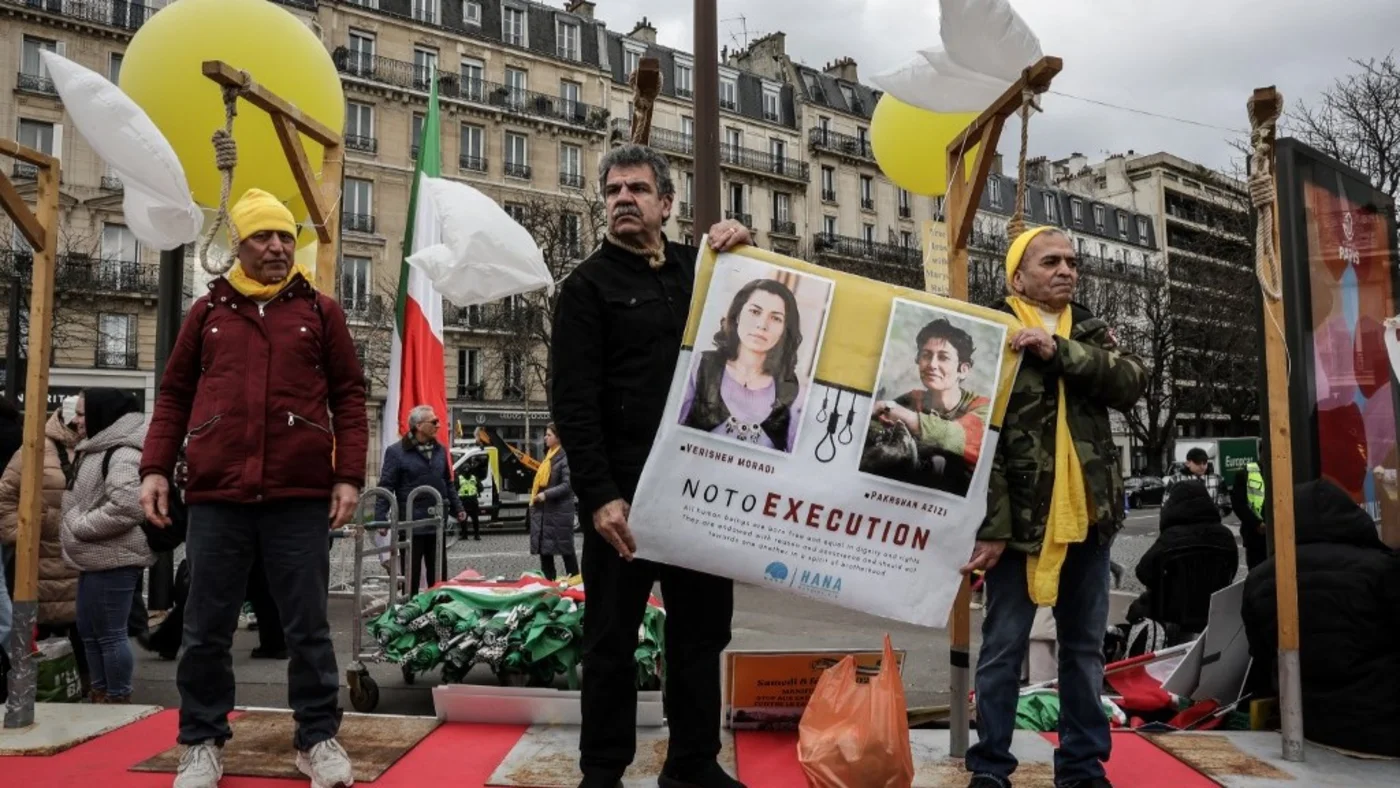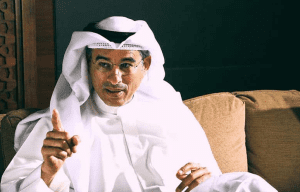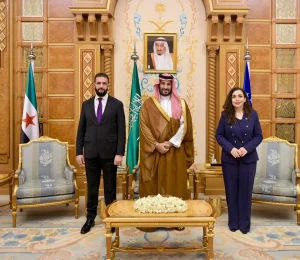Iran faces rising backlash over surge in executions as lawmakers stall on domestic violence protections.Citizens rally behind US lawmaker in Persian Gulf name dispute.

A powerful wave of criticism is sweeping through Iranian society as human rights groups, lawyers, and civil activists launch a nationwide campaign against the alarming rise in executions. With death sentences accelerating in recent months, Iran is once again in the international spotlight—this time for what many are calling a crisis of justice.
The campaign was sparked by the increasing number of publicized hangings and alleged politically motivated executions, particularly involving ethnic minorities and anti-government protesters.
Mounting Public Pressure Over Executions
Human rights defenders inside Iran have spoken out. Legal experts warn that many death sentences are issued after unfair trials, with defendants often denied basic legal rights.
The campaign aims to raise awareness both domestically and globally. Protesters have taken to social media using the hashtag #StopExecutionsInIran, while families of prisoners have staged silent sit-ins outside courthouses.
In a joint statement, more than 300 lawyers called the recent wave of executions “a dangerous weapon used by the state to instill fear and suppress dissent.”
Parliament Under Fire Over Domestic Violence Inaction
As outrage over executions grows, Iran’s parliament is also being harshly criticized—this time for failing to pass long-delayed legislation on domestic violence.
Despite years of debate, a comprehensive bill protecting women from physical and psychological abuse remains stalled. Activists claim the lack of political will reflects a broader pattern of neglecting gender-based violence.
Women’s rights organizations have accused lawmakers of “systematically delaying vital protections while violence escalates behind closed doors.” Multiple reports show a steady rise in femicide and domestic abuse cases, with little accountability for perpetrators.
Public Sides with U.S. Congresswoman in Naming Dispute
In a rare twist of grassroots diplomacy, many Iranians have voiced support for U.S. Congresswoman Ilhan Omar after she referred to the Persian Gulf in a recent speech—a term that sparked backlash from Arab critics who prefer “Arabian Gulf.”
Ordinary Iranians took to social media, praising Omar for respecting historical and cultural facts. Some even called her a “friend of the Iranian people” for upholding the region’s correct name amid geopolitical tension.
The incident has reignited a longstanding naming dispute, with many Iranians seeing it as a symbol of national identity and pride. Omar has yet to respond publicly, but the backing she received from Iranian citizens has been notable and widely shared.
A Tense Political Landscape
This series of developments—rising executions, parliamentary inaction, and public engagement in foreign discourse—paints a complex picture of today’s Iran. Civil society is growing bolder, even as the state ramps up its tactics of control.
The voices calling for justice are growing louder. Whether Tehran listens remains to be seen.














Comments are closed.